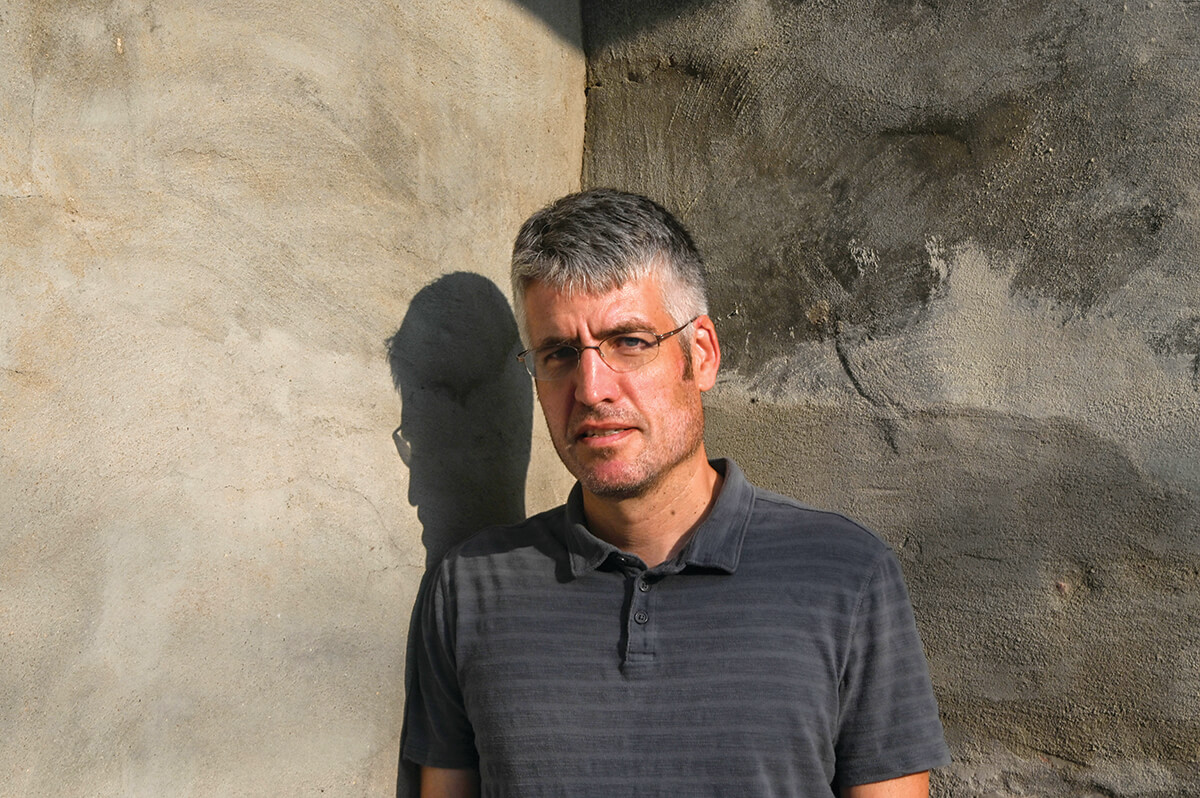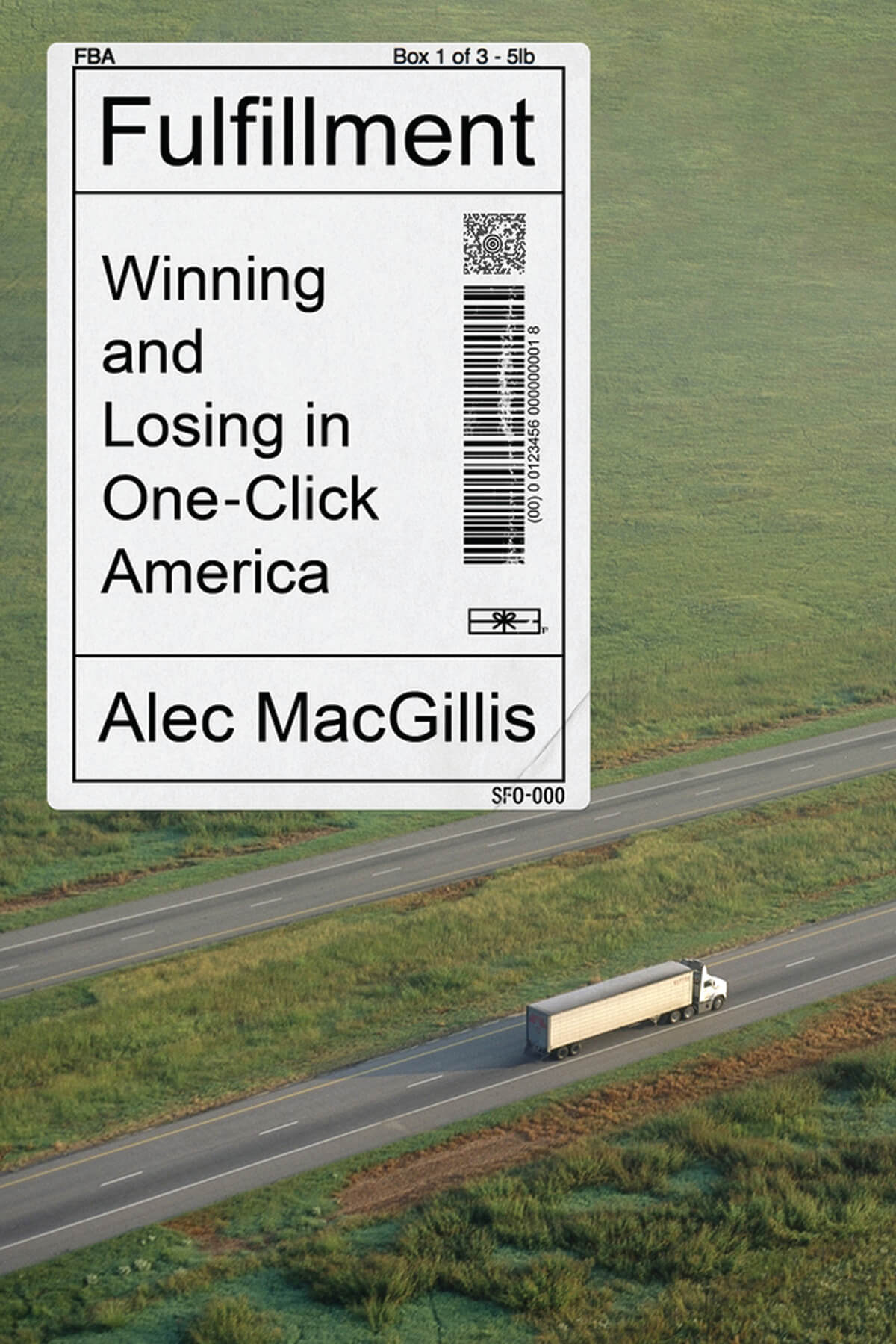Arts & Culture
Alec MacGillis’ New Book Chronicles the Fall of Manufacturing and Rise of Amazon
Some of the most interesting chapters juxtapose Baltimore's legendary Bethlehem Steel and General Motors operations against the Amazon warehouses that have supplanted them.

Former Sun, Washington Post, and New Republic reporter Alec MacGillis currently covers government and politics for the independent nonprofit ProPublica.
He won the prestigious Polk Award for national reporting for his November 2016 analysis, “Revenge of the Forgotten Class,” following the election of Donald Trump. His new work, Fulfillment: Winning and Losing in One-Click America, weaves remarkable reporting from big cities and mid-size U.S. towns with the story of the rise of digital colossus Amazon.
For Baltimoreans, some of the most interesting parts of the book will be the chapters MacGillis juxtaposes the legendary Bethlehem Steel and General Motors operations here against the Amazon warehouses that have supplanted them. Overall, the book is a sobering and enlightening dissection of the “winners and losers” in the digital economic revolution.
The title obviously references Amazon, but in many ways this book is about the broader economic trends in the country that the company has, for lack of a better word, exploited.
Originally, the book I was interested in writing was about the America that I was seeing covering the Obama campaign in 2008. So many cities and towns were stagnant economically. And still are. You travel to these places and you’re just struck by the incredible wealth in D.C. and that disparity—as well as the complacency.
How did you meet Bill Bodani, the retired Bethlehem Steel worker who ended up back at Sparrows Point, pulling shifts at the Amazon warehouse there?
I went with Bill Barry [former director of labor studies at the Community College of Baltimore County] to a monthly lunch of retired steelworkers at the Battle Grove Democratic Club. Barry gets up and says, “Do any of you have grandkids that work at Amazon? This writer wants to do this generation arc thing at Sparrows Point.” Afterward, this guy shuffles toward me. “You looking for people who work at Amazon? I do.”.
Historically, what figure does Jeff Bezos resemble?
In general, the clear predecessors are the giants of the Gilded Age. Not just in the size of his wealth, but in terms of controlling a platform, there’s a parallel with Rockefeller, who controlled the railroads and produced oil, which meant he could squash other oil producers because they had to use his railroads.
One of the book’s themes is that the Democratic Party has left rural America behind, politically, economically, and culturally. Jay Carney, Obama’s former press secretary, for example, directs public relations for Amazon. The Democratic Party really is centered in New York, San Francisco, Boston, D.C., and other coastal elite cities. They don’t want to think that, but it’s true, and culturally, they are out of touch. Trump taps into that in vulnerable rural places—a resentment of people with “fancy glasses,” as I call them

The case you make is that Amazon is not just a symptom of a sick economy—low-wage, high- turnover, non-union jobs, etc.—but a driver of inequality. Amazon is responsible for closing twice as many retailers as it helps. What are ways forward?
One is organizing, which takes a long time. It took until World War II for workers to organize the steel industry. We’re back at square one. Another is pursuing anti-trust. Breaking up Amazon, Apple, Google, and Facebook might not disperse business and wealth everywhere, but at the very least we might end up with four Seattles instead of one. Or four Silicon Valleys instead of one.
I hate to moralize, but personal responsibility is another prong. Amazon’s commissions from sales grew 44 percent in the last year. Jeff Bezos’ wealth grew by $58 billion. There was very good reason [the pandemic] for the increase in online buying. It made sense. But as things get safer, we need to return to public spaces, bookstores, and movie theaters—not just rent from Netflix. We went the other way for the greater good. We can choose to snap back.